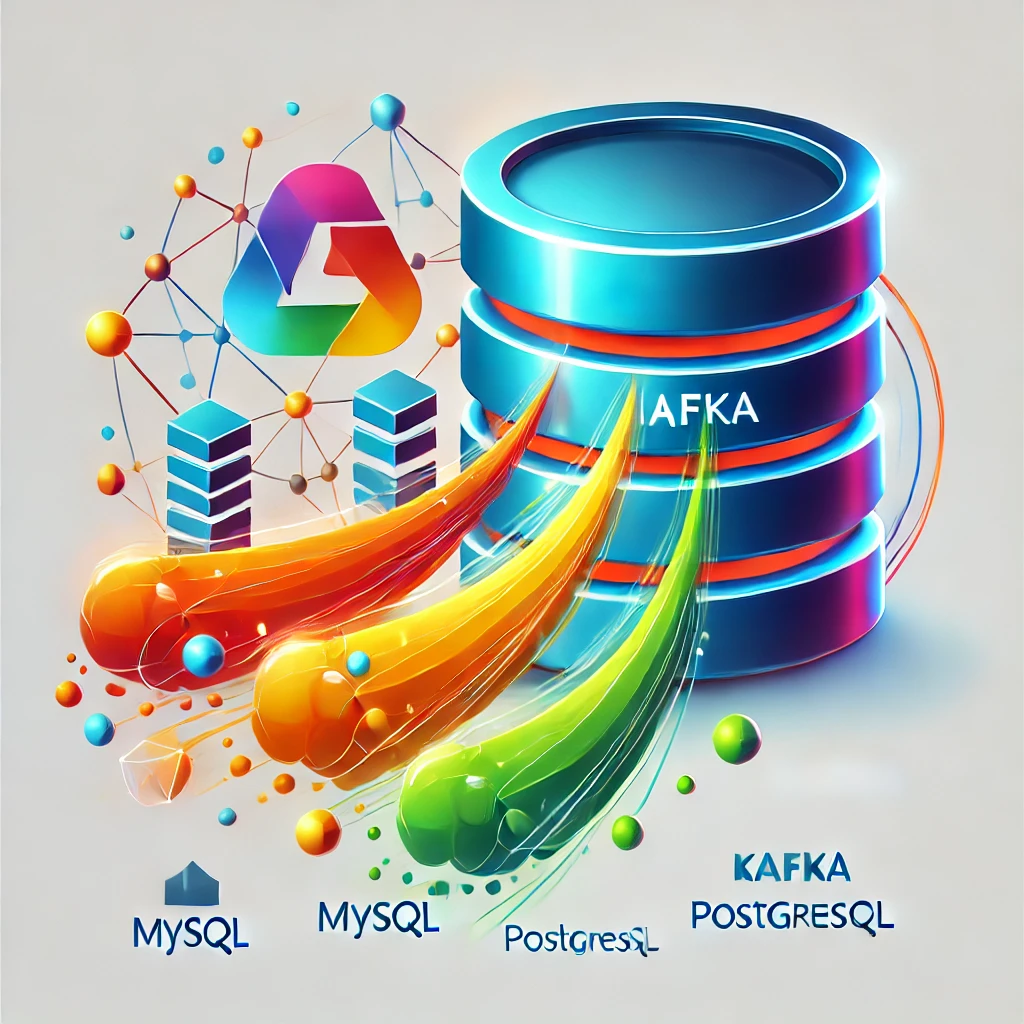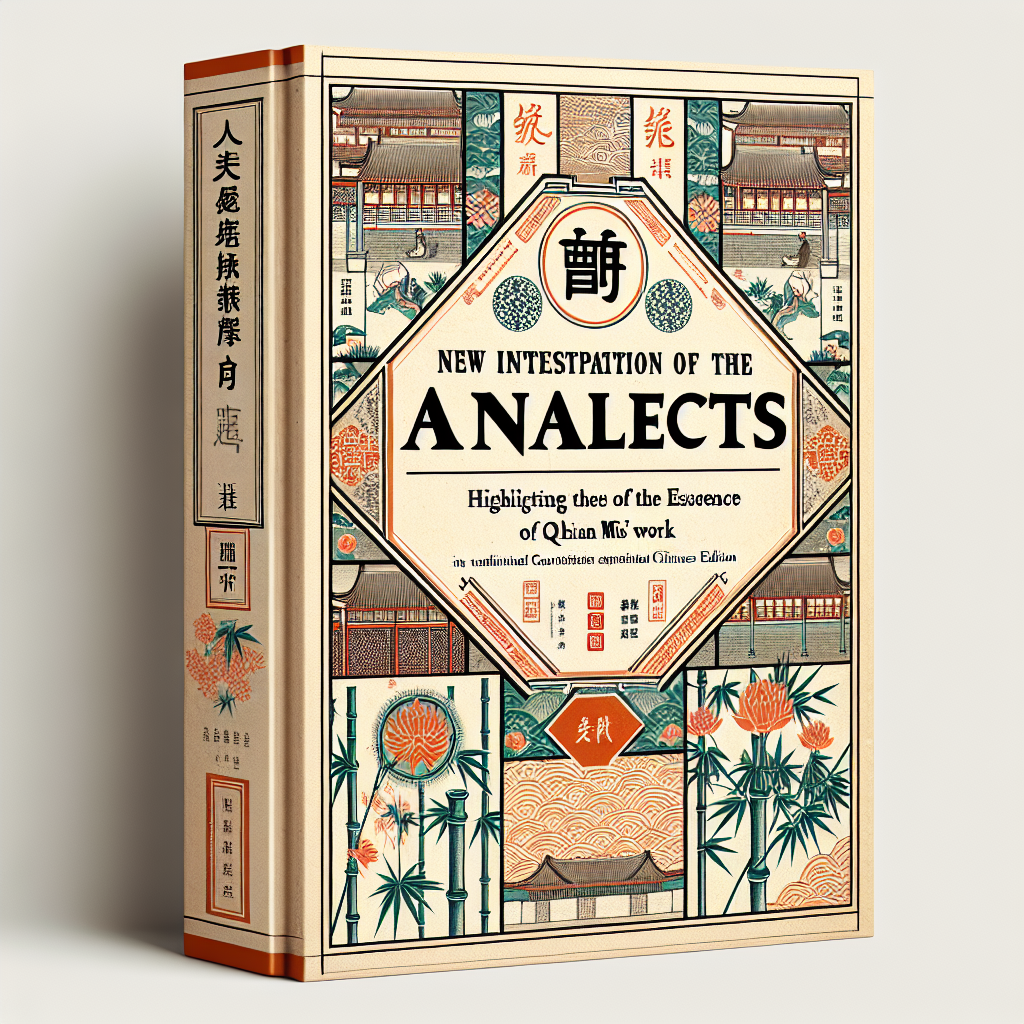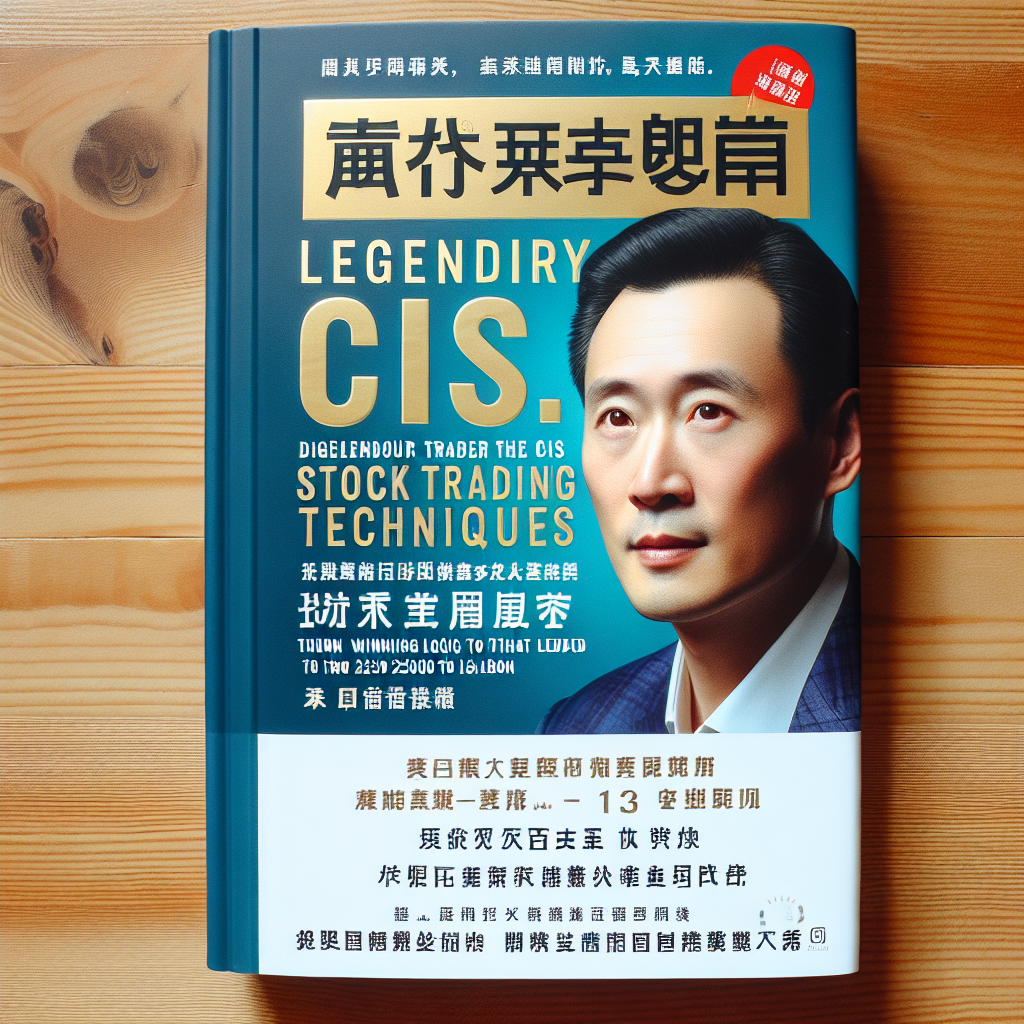
In the era of real-time data-driven applications, the ability to capture and process database changes in real-time has become critical. Whether you're synchronizing data between systems, maintaining audit logs, or building event-driven architectures, change data capture (CDC) tools play a vital role. This is where Debezium shines as an open-source CDC platform, seamlessly integrating with Apache Kafka.
Debezium is an open-source distributed platform for capturing and publishing changes from a variety of database systems to Apache Kafka. It enables developers to track database row-level changes and stream them as events, empowering applications to react to changes in real-time. Debezium supports popular databases such as:
- MySQL
- PostgreSQL
- MongoDB
- Oracle
- SQL Server
By leveraging database transaction logs, Debezium ensures that it captures all changes reliably and with minimal performance impact on the source database.
Debezium operates as a Kafka Connect-based tool. It uses Kafka Connect connectors specific to each database to monitor changes. Here’s a high-level overview of its workflow:
- Connector Setup: A Debezium connector is configured for a specific database and deployed on a Kafka Connect cluster.
- Transaction Log Parsing: The connector reads the database's transaction log, which contains details about every insert, update, or delete operation.
- Change Event Generation: Changes are converted into structured Kafka events, typically serialized in JSON or Avro format.
- Kafka Integration: These events are published to Kafka topics, where consumers can process them for various use cases, such as analytics, caching, or syncing to other systems.
Debezium tracks and publishes schema changes, ensuring downstream systems can adapt dynamically to structural database updates.
Built on Apache Kafka and Kafka Connect, Debezium benefits from Kafka’s scalability and fault-tolerance mechanisms, ensuring robust and reliable CDC pipelines.
Debezium integrates seamlessly with Kafka’s ecosystem, including:
- Kafka Streams for real-time stream processing
- ksqlDB for SQL-based stream analysis
- Kafka Connect sinks for writing data to external systems like Elasticsearch, Amazon S3, or HDFS
Debezium supports the Outbox Pattern, enabling microservices to publish events atomically along with database updates.
It offers built-in metrics and monitoring via JMX, making it easy to track the health and performance of connectors.
Debezium is widely used for syncing data across heterogeneous systems in real-time. For instance, you can synchronize a MySQL database with Elasticsearch to enable fast search capabilities.
Applications built on event-driven principles benefit from Debezium's ability to emit database change events to Kafka, where they can trigger business logic.
Debezium captures detailed change histories, making it suitable for generating audit logs for regulatory compliance or debugging purposes.
Debezium can inform distributed caches (e.g., Redis) about changes to the underlying database, ensuring the cache remains fresh and consistent.
Here’s a quick overview of how to set up Debezium for MySQL:
- Set Up Kafka: Install and configure Apache Kafka and Kafka Connect.
- Deploy the MySQL Connector: Add the Debezium MySQL connector to your Kafka Connect plugins folder.
- Configure the Connector: Define a configuration file specifying the database connection details, monitored tables, and Kafka topic mappings.
- Start Streaming: Launch the connector, and start consuming the change events from the designated Kafka topics.
For a detailed guide, visit the Debezium documentation.
Debezium has revolutionized the way organizations implement CDC by providing a powerful, open-source solution for capturing and streaming database changes to Apache Kafka. Its reliability, flexibility, and ease of integration make it a go-to choice for building modern, event-driven architectures.
If your application demands real-time insights, responsiveness, or synchronization, give Debezium a try and experience the power of seamless CDC. To learn more, check out the Debezium website or explore its GitHub repository.








